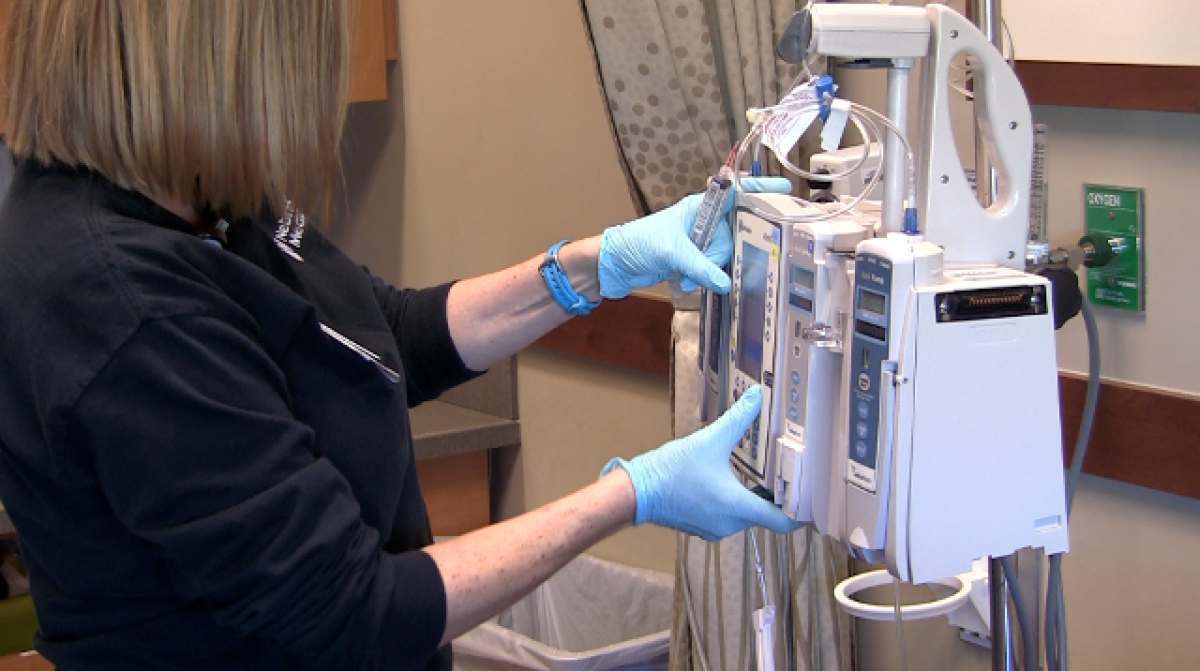New treatment options on the horizon for AL Amyloidosis patients

AL amyloidosis, or light chain amyloidosis, is a rare disorder involving abnormal plasma cells in the bone marrow. The primary function of plasma cells is to produce antibodies, which are an important part of the immune system. All antibodies are made up of two types of proteins called heavy chains and light chains. In the case of AL amyloidosis, the abnormal plasma cells make light chain protein which folds into an abnormal form (called amyloid) and this protein can get deposited in a variety of organs, including the heart, kidneys, liver, nerves, and skin. Over time, the amyloid that gets trapped in these organs builds up to toxic levels and cause significant damage, leading to serious problems and patients can become very ill. Approximately 4,500 patients per year in the United States are diagnosed with this disease.
Historically, the treatment for AL amyloidosis has involved chemotherapy. This chemotherapy includes the same types of drugs which are used to treat multiple myeloma, as the abnormal cells in both diseases are the plasma cells in the bone marrow. Thus drugs such as bortezomib, melphalan, lenalidomide, as well as bone marrow transplants, are used to treat ALM amyloidosis. In AL amyloidosis, the chemotherapy will kill the abnormal plasma cells and therefore shut down production of the amyloid protein. However, the chemotherapy cannot directly remove the amyloid protein that is already deposited in the organs and therefore it is very difficult to reverse the damage that has already been done.

At the recent American Society of Hematology (ASH) annual meeting, for the first time ever, there was an entire oral abstract session devoted to new advances in AL amyloidosis. Two new therapies that were discussed are particularly noteworthy, as they work to remove the existing amyloid that has been deposited in organs and therefore have the potential to reverse the organ damage. The first study involved a drug currently referred to as 11-1F4. This is a monoclonal antibody which recognizes a portion of the misfolded amyloid light chain. Previous studies done in mice had shown that this antibody could destroy existing amyloid. The purpose of the study presented at ASH was to test this therapy for the first time in patients with AL amyloidosis and to determine the safety profile and optimal dosage. In addition, the investigators also studied whether patients had evidence of organ response (improved organ function) to the therapy. The investigators reported that this therapy was very well-tolerated and that 60-80% of patients experienced improvement in organ function.
Another therapy that was discussed is also a monoclonal antibody. The antibody, referred to as NEOD001, also targets misfolded light chain. Previously it had been reported that this antibody can be safely given and there was evidence that patients had improvement in their involved organ function. At ASH, the results of 42 more treated AL amyloid patients were presented. Approximately half of patients with heart involvement, almost two-thirds of patients with kidney involvement and more than 80% of patients with nerve symptoms had improvement following treatment.
The organ responses observed in these two studies far exceed the responses seen with traditional chemotherapy. It is very likely that the future of AL amyloid treatment will involve a combination of chemotherapy and one of these new monoclonal antibody therapies. This two-pronged approach should allow for killing of the amyloid-producing plasma cells (via the chemotherapy) as well as removal of the already existing amyloid deposits from the affected organs (with the new monoclonal antibodies). I predict that such an approach will significantly improve outcomes for patients suffering from AL amyloidosis.
The information contained in this article is to be utilized for information purposes only. For specific questions regarding your medical condition or treatment plan please consult with your doctor directly. To schedule an appointment with a cancer specialist at Nebraska Medicine, call 800.922.0000.


